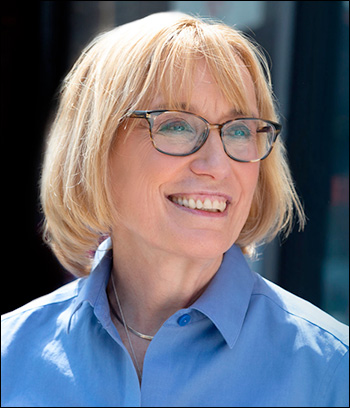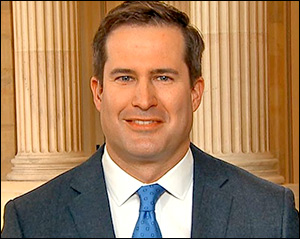By Jim Ellis
Oct. 25, 2021 — Only needing to gain a net one seat to claim the Senate majority, Republicans face a frustrating in-cycle map that yields few 2022 Democratic targets. One of those scarce opportunities, however, lies in the Granite State of New Hampshire.Arguably, the New Hampshire race is the party’s best conversion opportunity and becomes a Republican prerequisite toward building a winning coalition of states. The latest University of New Hampshire poll, released late last week, suggests the GOP is well positioned to compete in the “Live Free or Die” region of New England.
The regular UNH Granite State poll (Oct. 14-18; 1,061 New Hampshire panel members, 979 likely New Hampshire voters, online) tested first-term incumbent Sen. Maggie Hassan (D) against several potential Republican opponents … and she falls into an early toss-up result against all.
First, a word about the UNH polling operation. Several years ago it was among the most inaccurate of pollsters, largely because they utilized long sampling periods sometimes lasting three weeks, and small respondent universes. They have improved since that time, though their online format chosen for this poll is typically not optimal.
The FiveThirtyEight statistical organization, in their latest pollster rankings, rates the UNH operation as their 112th best pollster, with a B- rating. They assign a 2.4 percent Democratic bias factor to the organization’s polling results over 122 tested surveys.
That being said, yesterday’s survey release finds Gov. Chris Sununu (R) again leading Sen. Hassan in a hypothetical ballot test pairing. There is no doubt Republican leaders are trying to persuade Gov. Sununu to run, but so far he has not committed to the race. He has the opportunity of running for a fourth gubernatorial term – New Hampshire has two-year terms for their governors – or pursing opportunities in the private sector.
This poll finds the Sununu advantage at three percentage points, 45-42 percent, which is of course in toss-up range, but seeing an incumbent well below 50 percent does not bode well for Sen. Hassan.
UNH also tested the senator against the woman she defeated by a tenth of a percentage point in 2016, or just over 1,000 votes statewide, former Sen. Kelly Ayotte (R). The new poll virtually replays that result, posting Sen. Hassan to a bare 44-43 percent edge.



